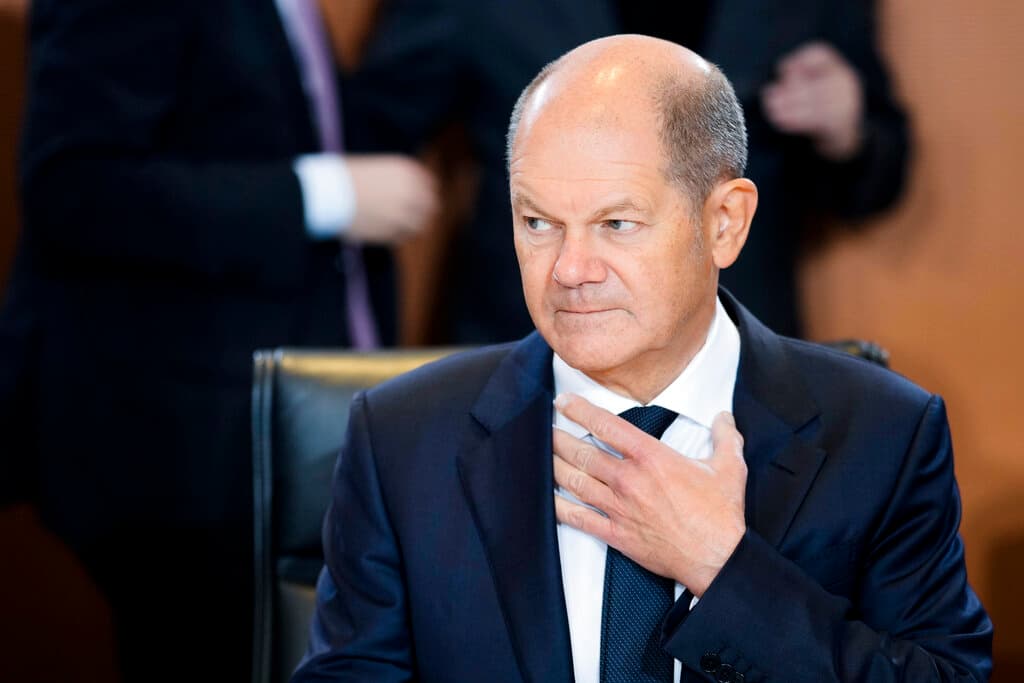Outrage Growing Over Bill Pushed by German Greens Party Requiring Costly Eco-Friendly Home Heating Systems
The measure exposes rifts in the German governing coalition as an opposition right-wing party capitalizes on anger toward liberal Greens.

Growing outrage at legislation that would force Germans to turn away from gas and oil as sources of heat as soon as next year is dividing Berlin’s ruling coalition, as the public is losing faith in its ability to govern.
Please check your email.
A verification code has been sent to
Didn't get a code? Click to resend.
To continue reading, please select:
Enter your email to read for FREE
Get 1 FREE article
Join the Sun for a PENNY A DAY
$0.01/day for 60 days
Cancel anytime
100% ad free experience
Unlimited article and commenting access
Full annual dues ($120) billed after 60 days

